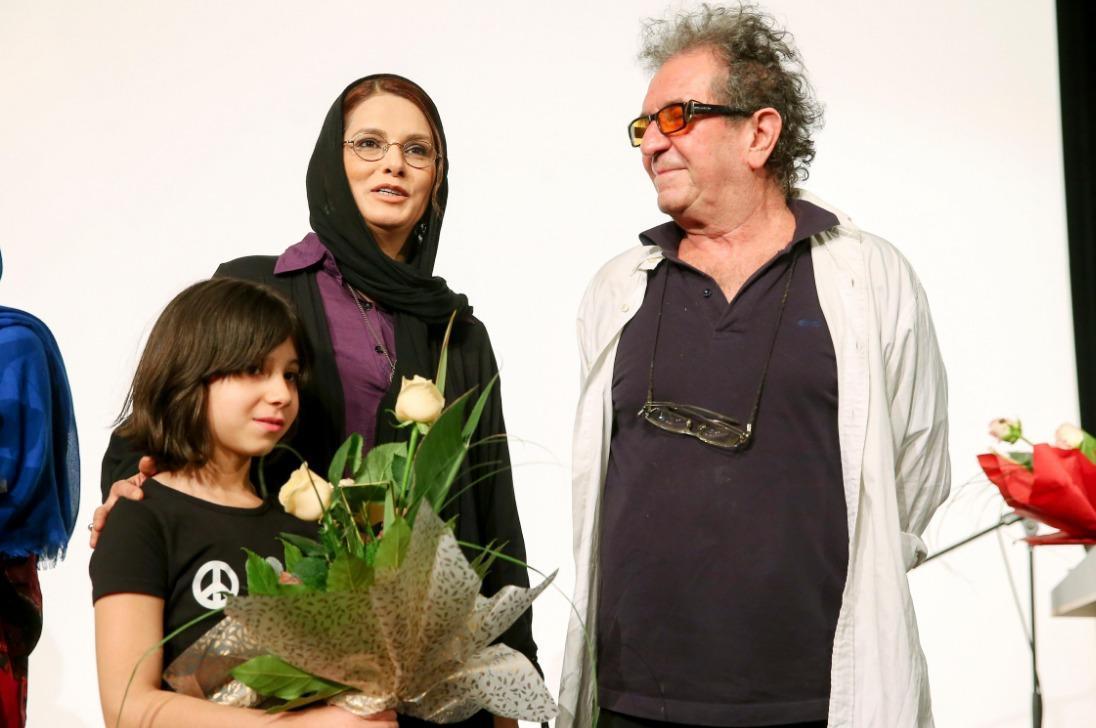Prominent Iranian director Dariush Mehrjui stabbed to death
TEHRAN

One of Iran's most prominent filmmakers, Dariush Mehrjui, was stabbed to death on Oct. 14 evening alongside his wife at their home near Tehran.
A provincial chief justice said Mehrjui and his wife, Vahideh Mohammadifar, "were killed by multiple stab wounds to the neck," the judiciary's Mizan Online website said.
According to Hossein Fazeli-Harikandi, chief justice of Alborz province near Tehran, Mehrjui sent a text message to his daughter, Mona, at about 9 p.m. local time inviting her for dinner at their home in Karaj, west of Tehran.
But upon her arrival an hour and a half later, she found the bodies of her dead parents with fatal wounds to their necks.
Later in the day, police said "no signs of forced entry can be seen at the crime scene," adding that "no damage has been done to the doors" of their home.
According to Iran's ISNA news agency, quoting the police headquarters, four suspects have been identified for their links with the case and two have been arrested.
On Oct. 15, the Etemad newspaper included an interview with the filmmaker's wife saying she had been threatened and that their home had been burgled.
In a statement, Iran's minister of culture, Mohammad-Mehdi Esmaili, hailed Mehrjui as "one of the pioneers of Iranian cinema" and "the creator of eternal works."
Born in 1939 in Tehran, Mehrjui studied philosophy in the U.S. before his return to Iran where he launched a literary magazine and released his first film in 1967, "Diamond 33," a parody of the James Bond series.
The 83-year-old was indelibly associated with the Iranian new wave of cinema, with his 1969 film "The Cow" one of the movement's first pictures.
He then directed a string of well-regarded films including "Mr Gullible" (1970), "The Cycle" (1977) before leaving Iran in the wake of the 1979 Islamic revolution.
Between 1980 and 1985, he lived in France where he worked on the documentary "Journey to the Land of Rimbaud" (1983).
On returning to his homeland, he triumphed at the box office with "The Tenants" (1987).
In 1990, he directed "Hamoun," a dark comedy showing 24 hours in the life of an intellectual tormented by divorce and psychological anxieties in an Iran overwhelmed by the technology companies Sony and Toshiba.
Throughout the 1990s, Mehrjui also depicted the lives of women in "Sara" (1993), "Pari" (1995) and "Leila" (1997), a melodrama about an infertile woman who encourages her husband to marry a second woman.
















